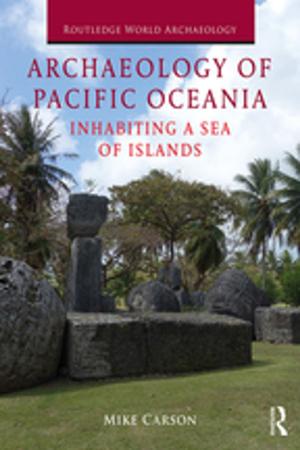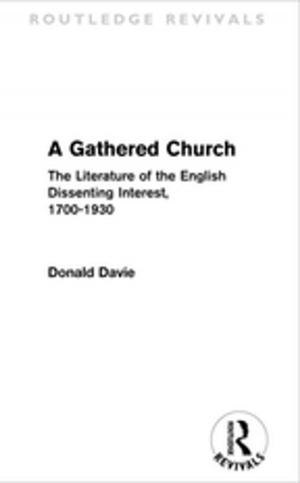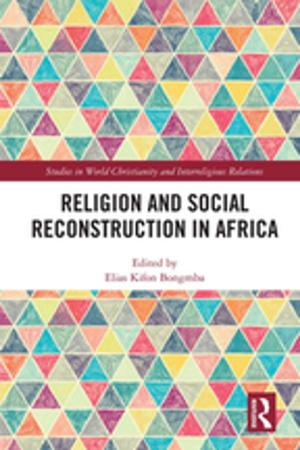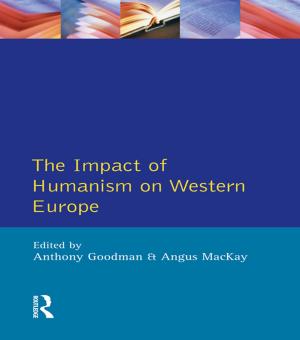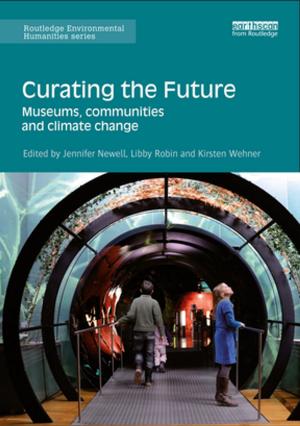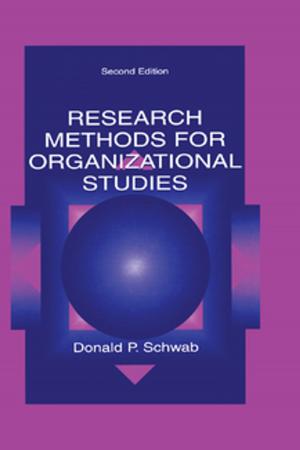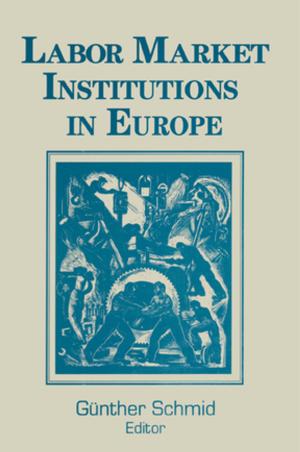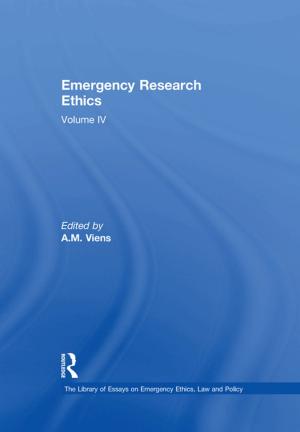European Union Agencies as Global Actors
A Legal Study of the European Aviation Safety Agency, Frontex and Europol
Nonfiction, Reference & Language, Law, Administrative Law & Regulatory Practice, Social & Cultural Studies, Political Science, Government, Public Affairs & Administration| Author: | Florin Coman-Kund | ISBN: | 9781351136846 |
| Publisher: | Taylor and Francis | Publication: | May 1, 2018 |
| Imprint: | Routledge | Language: | English |
| Author: | Florin Coman-Kund |
| ISBN: | 9781351136846 |
| Publisher: | Taylor and Francis |
| Publication: | May 1, 2018 |
| Imprint: | Routledge |
| Language: | English |
This book examines a largely unexplored dimension of the European agencies, namely their role in EU external relations and on the international plane. International cooperation has become a salient feature of EU agencies triggering important legal questions regarding the scope and limits of their international dimension, the nature and effects of their international cooperation instruments, their status within the EU and on the global level, and leading potentially to tensions between EU law and international law.
This book fills the existing knowledge gap by scrutinizing the international cooperation legal framework and practice of EU agencies, including their mandate, tasks and instruments, together with their legal status as actors with a global dimension. It sets out a general legal-analytical framework which combines legal parameters from EU and international law to assess EU agencies as global actors, and examines in detail three case studies on carefully selected agencies to shed light on the complexities of EU agencies’ daily international cooperation.
This book examines a largely unexplored dimension of the European agencies, namely their role in EU external relations and on the international plane. International cooperation has become a salient feature of EU agencies triggering important legal questions regarding the scope and limits of their international dimension, the nature and effects of their international cooperation instruments, their status within the EU and on the global level, and leading potentially to tensions between EU law and international law.
This book fills the existing knowledge gap by scrutinizing the international cooperation legal framework and practice of EU agencies, including their mandate, tasks and instruments, together with their legal status as actors with a global dimension. It sets out a general legal-analytical framework which combines legal parameters from EU and international law to assess EU agencies as global actors, and examines in detail three case studies on carefully selected agencies to shed light on the complexities of EU agencies’ daily international cooperation.


